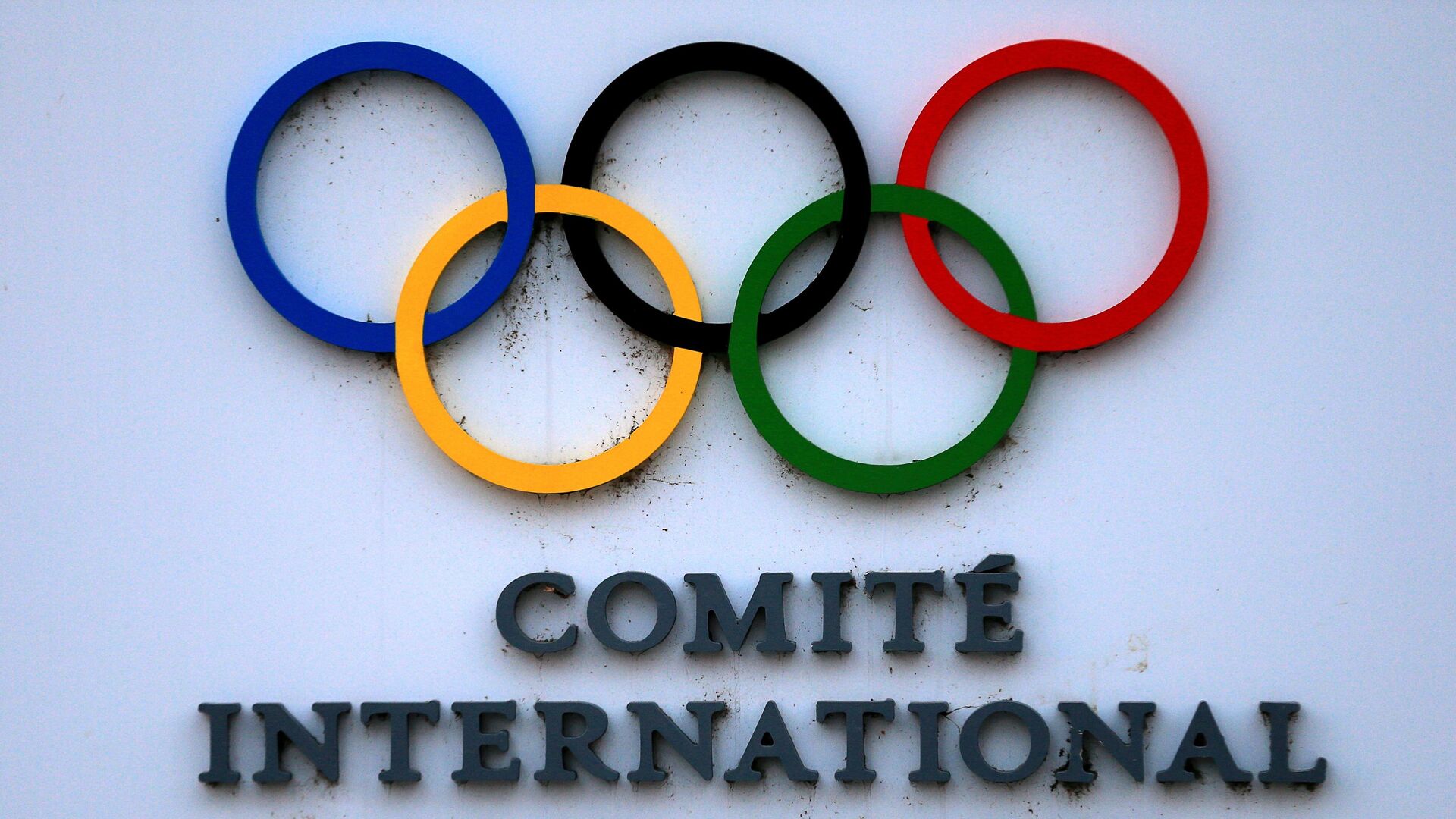New IOC Guidance Drops Blood Testing Trans Women Athletes for 'Comprehensive Approach' to Fairness
22:19 GMT 17.11.2021 (Updated: 22:20 GMT 17.11.2021)

© Sputnik / Anton Denisov
/ Subscribe
On Tuesday, the International Olympic Committee (IOC) rolled out a new document on fairness and the inclusion of transgender and intersex athletes in sports competitions, backing away from a policy that opponents said was discriminatory. The change comes amid a slew of bills in the US seeking to ban trans girls from girls’ sports teams.
Under the new set of guidelines, which are set to take effect after the Beijing Winter Olympics in February 2022, the IOC advises sports federations not to use bodily inspections, karyotypes that check an athlete’s chromosomes, or testosterone blood tests as methods for determining the eligibility of athletes to compete.
Instead, it says governing authorities must take into account a variety of factors that will be different for each sport that will not inherently target or exclude trans and intersex athletes.
“Where eligibility criteria must be set in order to regulate the participation in the women’s and men’s categories, the establishment and implementation of such criteria should be carried out as part of a comprehensive approach grounded on respect for internationally recognised human rights, robust evidence and athlete consultation. In so doing, precautions should be taken to avoid causing harm to the health and well-being of athletes,” the IOC said in a Tuesday statement accompanying the new framework.
“While the Framework has been drafted with the specific needs of high-level organised sports competitions in mind, the general principles of inclusion and non-discrimination should be promoted and defended at all levels of sport, especially for recreational and grass-roots sport,” it added.
These guidelines replace those previously implemented in 2015, which required athletes competing in women’s sports to demonstrate over a 12-month period that they had a blood testosterone level below that judged to be typical for a woman’s body. The policy was only applied to trans women and to certain cisgender and intersex athletes, such as South Africa’s Caster Semenya, a two-time Olympic champion at 800 meters, who had a naturally high level of testosterone in their bodies.
Under those rules, just one trans woman ever qualified for the Olympics games: New Zealand weightlifter Laurel Hubbard, whose historic competition in the Tokyo Summer Olympics this past summer was otherwise notable only for its lack of notability - Hubbard failed to even qualify for any medal competitions.
"You don't need to use testosterone (to decide who can compete) at all. But this is guidance, it's not an absolute rule," IOC medical director Richard Budgett told Reuters.
The standard had long been derided as discriminatory by supporters of athletes who are transgender, meaning their gender identity is different from the gender they were assigned at birth.
Opponents claim that trans women athletes have certain physical advantages over their cisgender counterparts, who were assigned female at birth. However, the science is largely out on that claim, with the few studies that do exist generally pointing to trans women experiencing a marked degradation in physical performance after beginning hormone replacement therapy (HRT), which suppresses their blood testosterone to minuscule levels while increasing its estrogen concentration.
“It’s important we broaden the evidence base,” Budgett said. “There is some interesting research that needs to come to conclusion, and that will give us much more information about performance, which is the issue which is really key to determining eligibility.”
The IOC’s decision comes amid a heated debate in the United States over trans girls competing in girls’ sports, especially at the school and college levels.
Conservative lawmakers in 10 US states have passed laws or seen their governors issue executive orders that ban trans girls from girls’ sports teams, arguing their supposed physical advantages infringe upon Title IX nondiscrimination rules protecting women’s access to academic institutions, including sports teams.
However, the Biden administration’s Department of Education said in June that Title IX’s protections extend to trans girls and women, as well.



